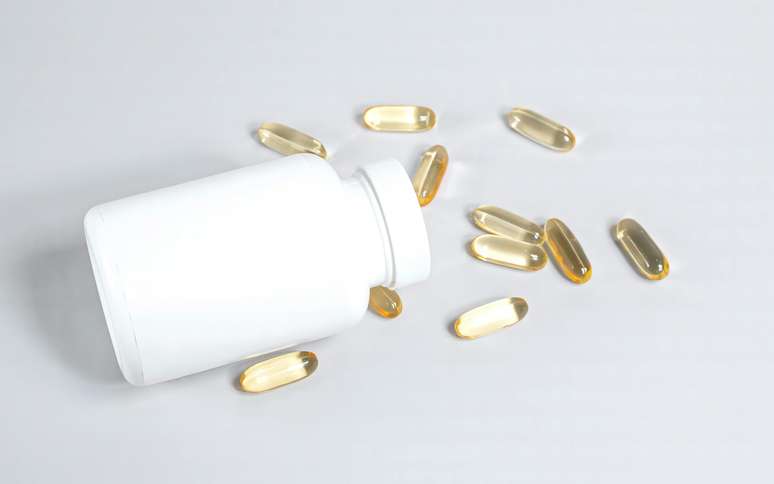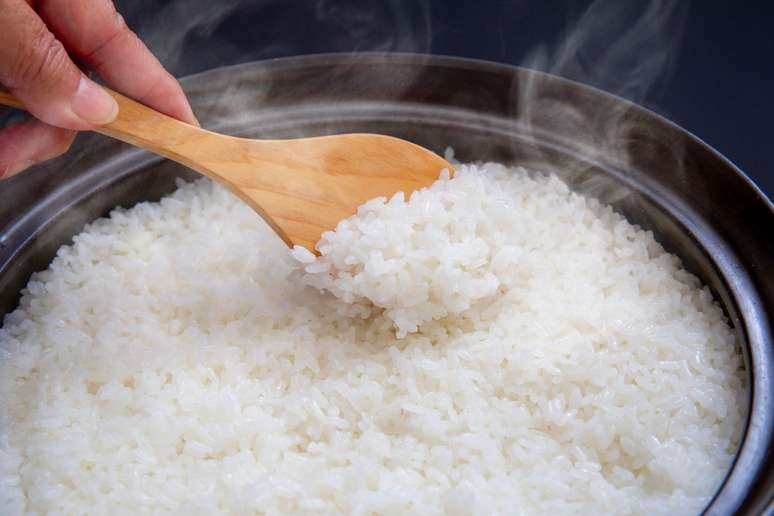Different types of collagen are essential for maintaining the physical integrity of tissues and cells. Collagen is a popular protein among those seeking cosmetic enhancements and attending dermatology clinics, helping to promote an appearance of freshness, firmness and natural beauty in the skin. . However, did you know that it also contributes to […]
The different types of collagen are essential for maintaining the physical integrity of tissues and cells
Collagen is a popular protein among those seeking cosmetic enhancements and attending dermatology clinics, which helps promote an appearance of freshness, firmness and natural beauty in the skin. However, did you know that it also contributes to the improvement of those who practice physical exercise?
Collagen and connective tissues
Kathia F. Schmider, nutritionist and technical coordinator of the Association of Foods for Special and Related Purposes (ABIAD) explains that this natural substance in the body acts on tissues that are strongly affected by sport. Find out which ones!
“It represents approximately 30% of all proteins in the human body and plays an important role in health and well-being. This substance is vital and synthesized by different cells of the body, which explains its abundance, especially in connective tissues : skin, bones, cartilage, tendons, ligaments, blood vessels and internal organs.”
But wouldn’t it just be for aesthetic purposes?
NO! According to the practitioner, “the primary function of collagen is to provide strength, elasticity and structural integrity to these tissues, acting as a sort of “network” that holds cells together and offers structural support to the entire organism. Without collagen, the connective tissues would lose their strength and ability to maintain shape and integrity. Proteins are also responsible for wound healing and the proper functioning of various systems in the human body.
Sales success!
The popularity of this substance is such that, according to ABIAD (Association of Foods for Special Purposes and Related Products), there has been a 167% increase in collagen consumption in Brazil in recent years.
This increase has had an impact on the market. According to COMEX STAT and IBGE data, production of the supplement increased by 2.4% from 2021 to 2022, which positively affected exports. For Paula Izu, technical coordinator of ABIAD, “people are becoming aware that the consumption of food supplements brings lasting benefits to the body’s health. This increase, including that of collagen supplements, is a confirmation of this perception”, concludes the specialist.
How much collagen do we lose each year?
In medicine there are professionals and research that state that, after the age of 30, approximately 1% of the natural collagen produced by the body is lost every year. However, this number will depend on individual characteristics and also lifestyle habits.
“There is no precise, universal amount of collagen lost each year, as it varies from person to person and is influenced by factors such as age, genetics and lifestyle. Generally, collagen production decreases with aging, resulting in loss of skin elasticity and joint health The use of collagen supplements and healthy practices can help compensate for this decrease and promote the overall health of the tissues that contain the protein in the growth and formation of bones and body tissues It is important for maintaining joint and bone health and, in older age, it can help with problems such as osteoporosis by improving mobility.”
Whey protein collagen or whey?
A big question has arisen among sports lovers: whether to consume serum whey or collagen? According to nutritionist Kathia F. Schmider “both are protein food supplements. serum Collagen is developed to supplement this nutrient in your daily intake. It demonstrates positive results when it is made up of collagen hydrolyzed into peptides. It is also an alternative even for those who do not adapt to milk proteins. Already the whey proteinwhich can be concentrated, isolated and/or hydrolysed whey protein, offers a characteristic protein. It is also of animal origin, but with a certain amino acid profile and high bioavailability in digestion.”
Source: Terra
Ben Stock is a lifestyle journalist and author at Gossipify. He writes about topics such as health, wellness, travel, food and home decor. He provides practical advice and inspiration to improve well-being, keeps readers up to date with latest lifestyle news and trends, known for his engaging writing style, in-depth analysis and unique perspectives.





![A Better Life Preview: What’s in store for Tuesday, October 28, 2025 Episode 451 [SPOILERS] A Better Life Preview: What’s in store for Tuesday, October 28, 2025 Episode 451 [SPOILERS]](https://fr.web.img6.acsta.net/img/8d/31/8d31dfd185907af0493c2e63a968ddd0.jpg)


